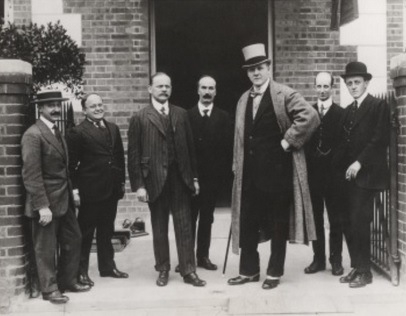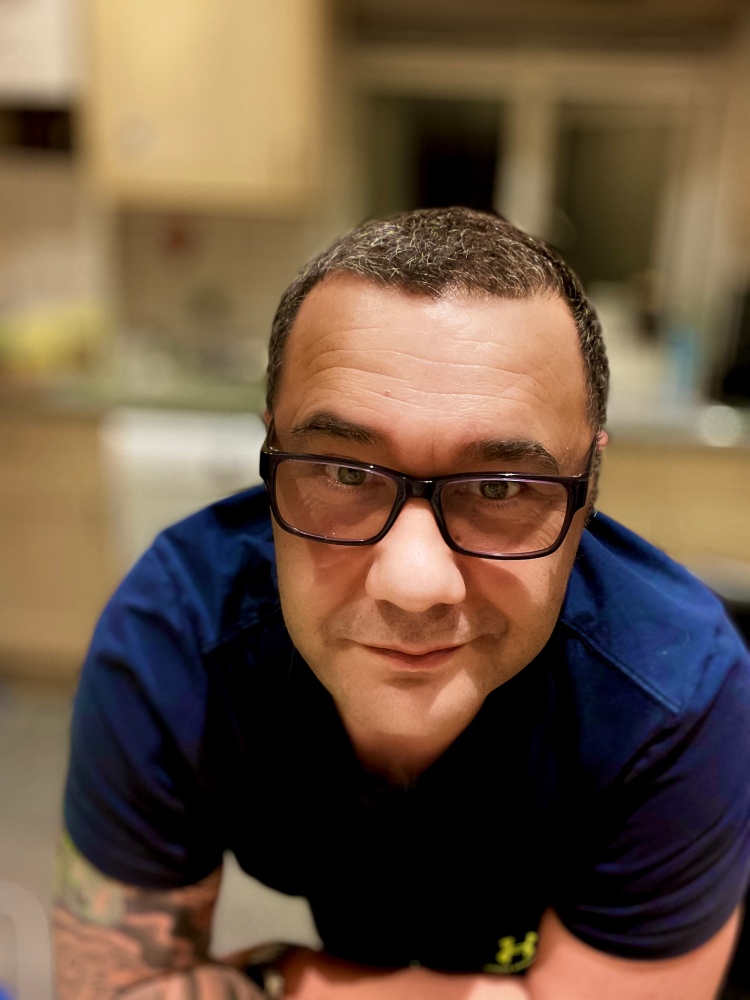
In this episode we look at the epic – and we mean epic – story of Russian bass singer Feodor Chaliapin. The singer’s relationship with Fred spanned decades, continents, wars and revolutions. It is a tale about music but it is also a tale about the extraordinary power of friendship. And spats. It’s a story about spats. And potatoes. And backstage punch-ups. This episode really does have it all.
Chaliapin was a big beast of a man with one of the deepest and most expressive voices you can imagine. He was born in the same year as Fred, 1873, but on the other side of the world, in Kazan in Russia, and into poverty. He took to singing as a youngster and, shortly after his 20thbirthday, was performing at the Imperial Opera in St Petersburg. Fred first heard him in 1900 when he was in the city scouting for talent. He immediately made moves to record this “enormous young bass” singer, but Chaliapin would not respond to his overtures. Again and again Fred tried but, despite becoming friends, it wasn’t until 1910 that they signed a contract (with steep terms dictated by the Russian).
The recordings were tricky. The thin-skinned Chaliapin would only record at certain times of the day and was partial to raucous vodka-fuelled parties, which one imagines Fred only mildly resisted. A strong bond was formed. Chaliapin sung in front of the British royal family in London but not before the burly bass got involved in a backstage fist fight. He was on the cusp of global fame and untold riches when the First World War broke out. Back in Russia with his family, Chaliapin was thrust back into poverty. He was paid in potatoes and lived in rags. It took a daring and covert mission by Fred to get him out of Russia (with the help of author H.G. Wells) and smuggle him back to England. Here, Chaliapin indulged in his love for fine tailoring and shoes and, of course, singing. Sell-out crowds treated this great, bruised singer as something of a hero. He and Fred went to America (eventful, inevitably) and stayed close until Chaliapin’s death in Paris in 1938. This story has to be heard to be believed.


We are joined in this episode by Michael Volpe.

Michael Volpe first entered the opera world in 1989 and 7 years later established the now-prestigious Opera Holland Park in London. He is currently embarked on a new project to create a new kind of opera company in the South West of England as Executive Director of Iford Arts.
Volpe’s approach to opera for thirty years has been to popularise and demystify. He has a distinct penchant for late Italian rarities in the ‘stab and sob’ repertoire. He has made several successful and startling films showing the impact of opera on individuals, from teenagers in south London to Chelsea fans.
Volpe is the author of the acclaimed autobiography, ‘Noisy at the Wrong Times’, which tells the tale of his upbringing and attendance at Woolverstone Hall, an experimental boarding school. It was named on the Sunday Times ‘100 Biographies to Love’ list.
The recordings in this episode were:
- Boris’s death from Boris Godunov by Modest Mussorgsky
- Song of the Flea by Modest Mussorgsky
- Persian Love Song
- Two Grenadiers by Robert Schumann
- Nightingale Song by Elizabeth Schumann (1930)
This episode was edited by Andy Hetherington.
The Sound Of The Hound is powered by EMI Archives Trust.
You can subscribe to the podcast on all good podcast platforms including Spotify Apple and Acast.
We hope you enjoy listening as much as we’ve enjoyed recording them!

